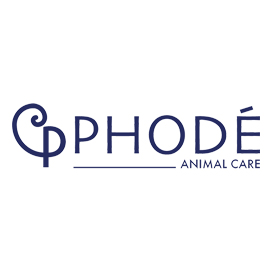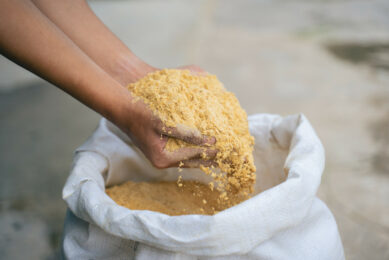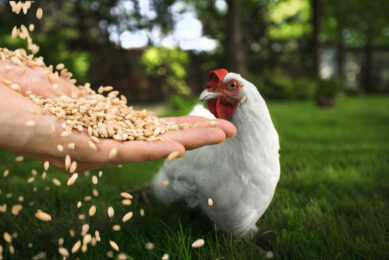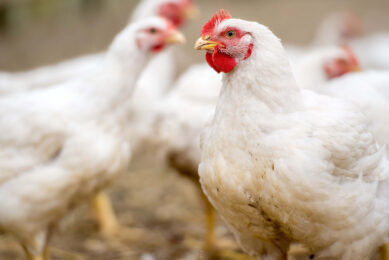A neurosensory product to improve feed efficiency and reduce footprint
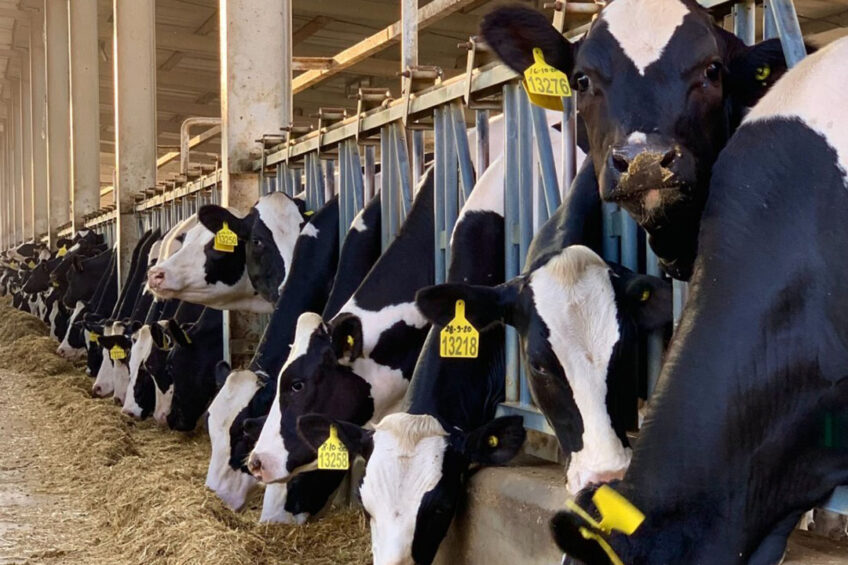
The current world context reveals more than just a deep crisis: the lack of raw materials in the face of ever-increasing demand. This phenomenon is causing tension in the entire livestock sector: the price of raw materials for livestock feed, but also the price of livestock products including meat, eggs and milk.
In addition to the well-known effects of rising production costs, the inability of production systems to meet demand and thus recover their economic capacity to invest in inputs is also highlighted. Livestock farming is no exception to the rule. There are many limitations to production:
- Impossibility to increase the size of the ruminant flock quickly and significantly.
- Lack of chicks in avian influenza areas, or maximum production in other areas.
- Under capacity to produce piglets in swine fever areas, or maximum production in other areas.
In any case, increasing the number of animals inevitably means increasing feed costs. While the performance of buildings has improved, the individual performance of animals has not kept pace, and in most cases has even deteriorated in the case of over-density. In this context, increasing productivity and efficiency can only really be achieved by increasing individual efficiency.
The solution: increase individual productivity
Where there is a shortage of chicks or piglets, some farms will be forced to produce fewer animals and therefore lower stocking densities. Although this will allow the animals to express their genetic potential individually, the overall productivity of the building is arithmetically reduced. In particular, the energy balance of heating the buildings for fewer animals produced will quickly become a dead end.
To solve the squaring of the circle between the quest for building productivity and individual productivity, Phodé proposes a strategy based on strengthening the individual capacities of animals to face the challenges of modern livestock farming by:
- Compensating for the effects of high density in livestock production (below, an example in broilers).
- Increasing individual productivity (below, an example in dairy cows).
Offsetting the negative effects of high density in broiler production
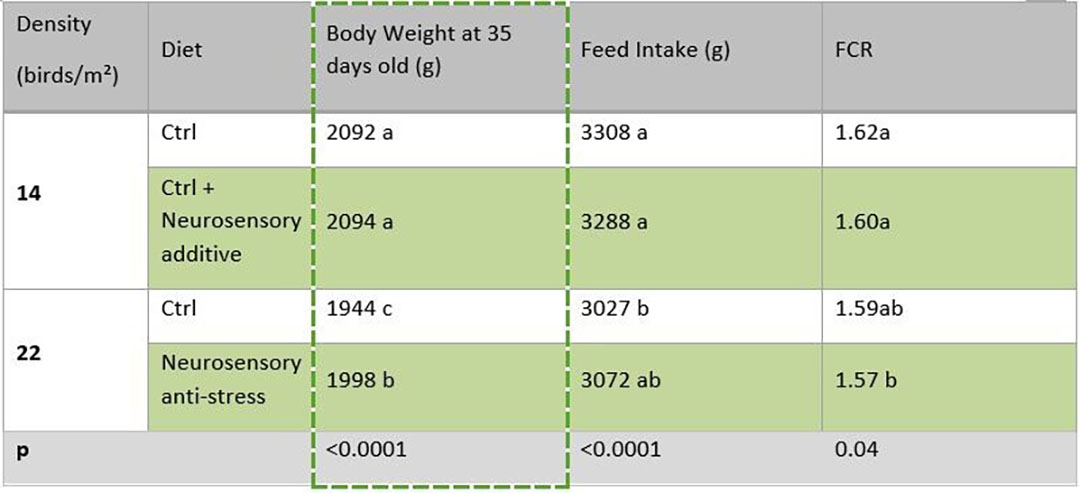
The increase in density (birds per sqm, Figure 1) decreases the animals’ feed intake, resulting in a 150 g decrease in live weight in broilers.
Using a neurosensory additive dedicated to stress management significantly limits this weight loss and even improves the feed conversion ratio (FCR).
Increase the individual productivity of dairy cows
The use of a specific blend of essential oils and spices has been shown to increase milk production on several dairy farms representing different production systems (meta-analysis, Figure 2).
Figure 2: Increased milk yield of different dairy farms using a complex plant extract
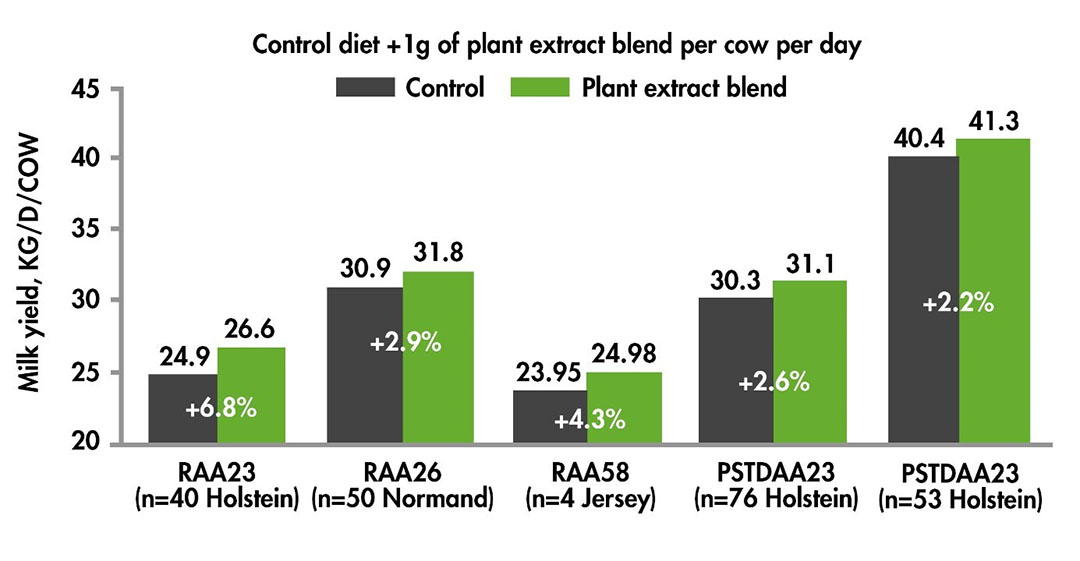
Plant extract blend: control diet + 1 g of plant extract blend
What is good for the economy becomes good for the planet
The gains in productivity and, above all, efficiency observed here show how this approach makes it possible to reconcile economic effectiveness and the saving of planetary resources by improving the animal’s comfort. Optimising the animal’s capacities makes it possible to meet the need for building productivity without opposing it to individual productivity.
Having buildings at the saturation limit optimises the economic cost: heating, ventilation, labour, and the environmental footprint is also reduced.
But this very classic approach comes up against the animal’s response, which is also automatic: a drop in individual productivity. Indeed, high density (even regulatory) induces psycho-social stress that must be considered. Neurosensory products are developed taking this stress into account.
Finally, the more the production system is intensified, the more individuals will need individual support. Like top-level athletes, livestock must be given plenty of attention to allow them to express their genetic potential under conditions that are increasingly optimised without reducing their well-being.
Faced with ever-increasing demand, it is more necessary than ever to maximise the efficiency of our production systems. In livestock farming, feeding more people with fewer resources is a challenge that can be met by investing in the individual productivity of animals. The use of sensory additives dedicated to this cause has its place.


